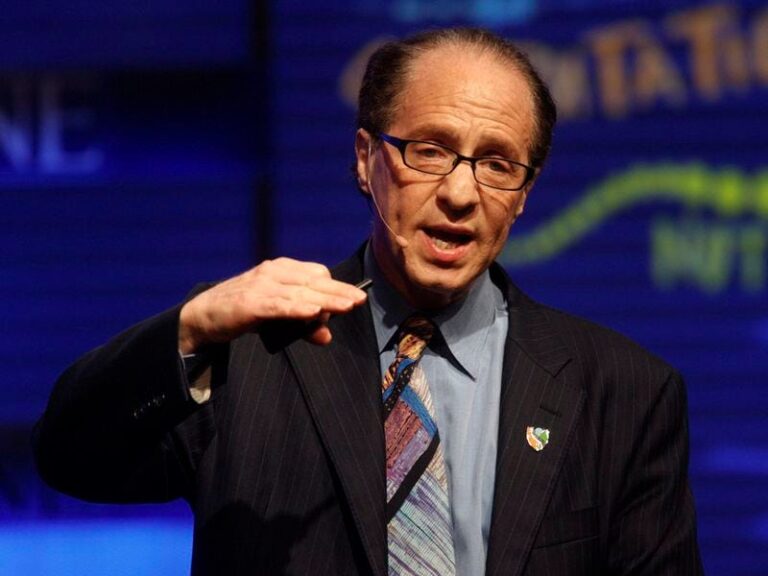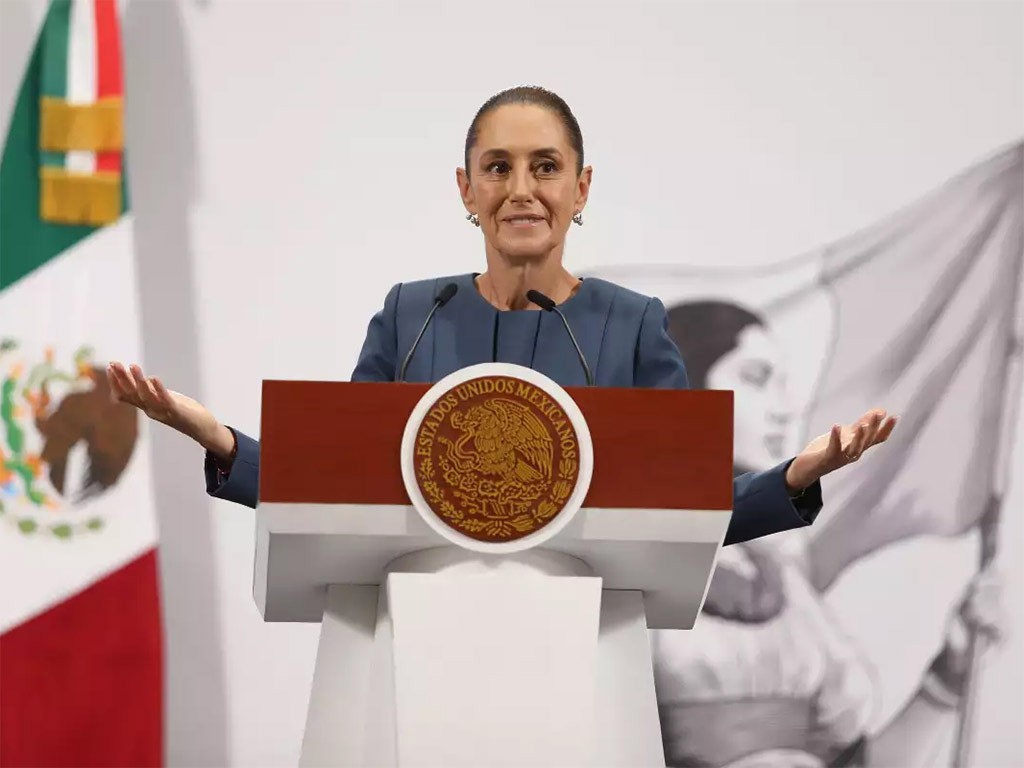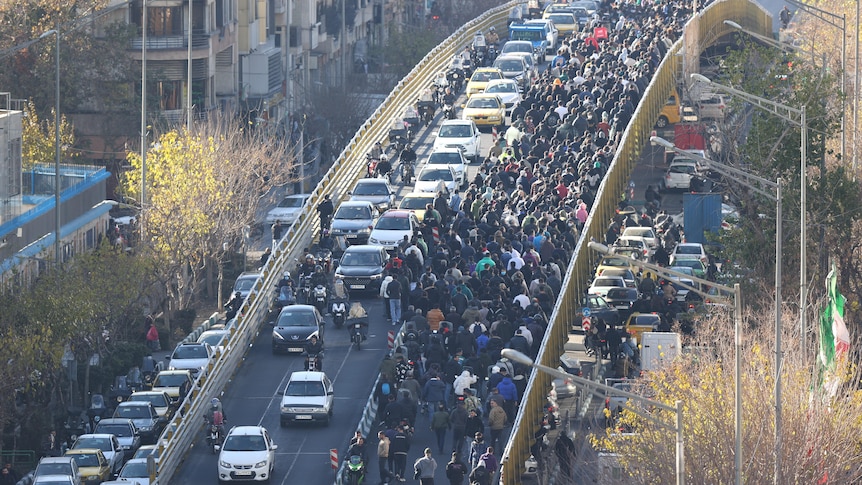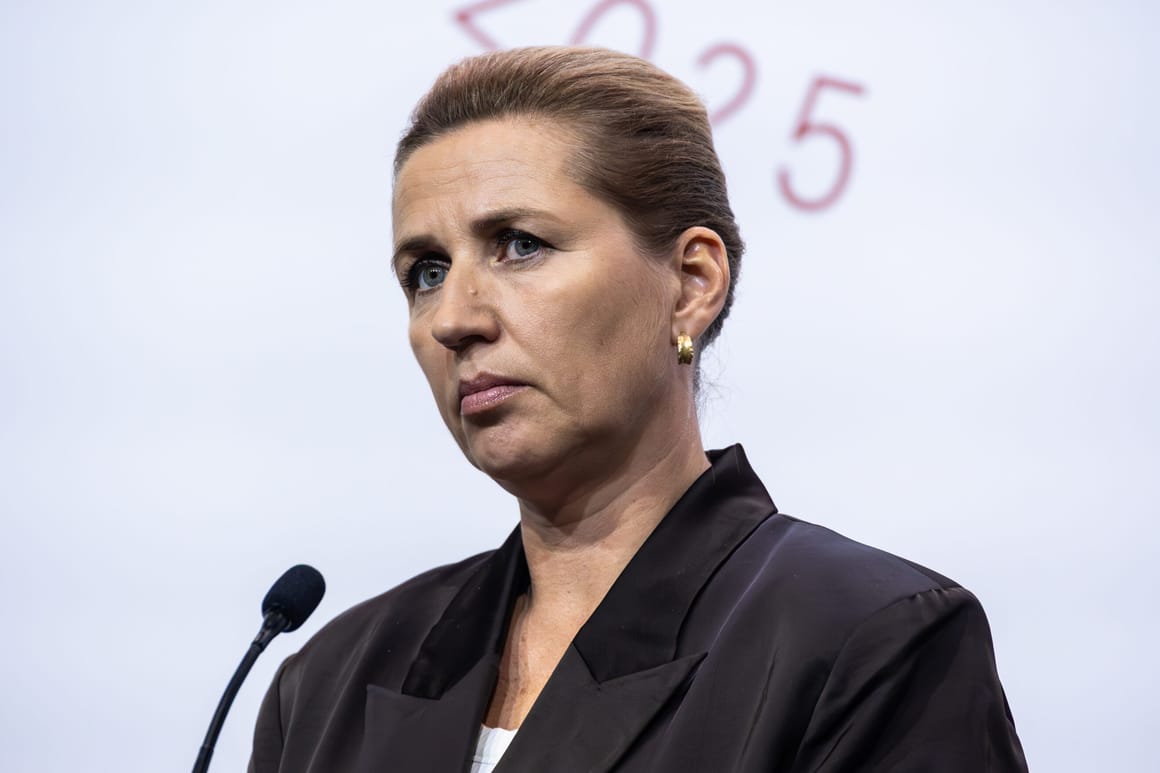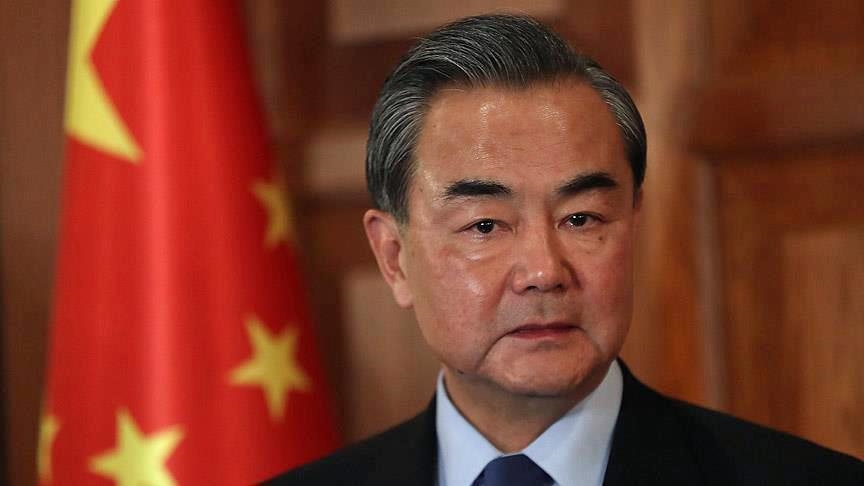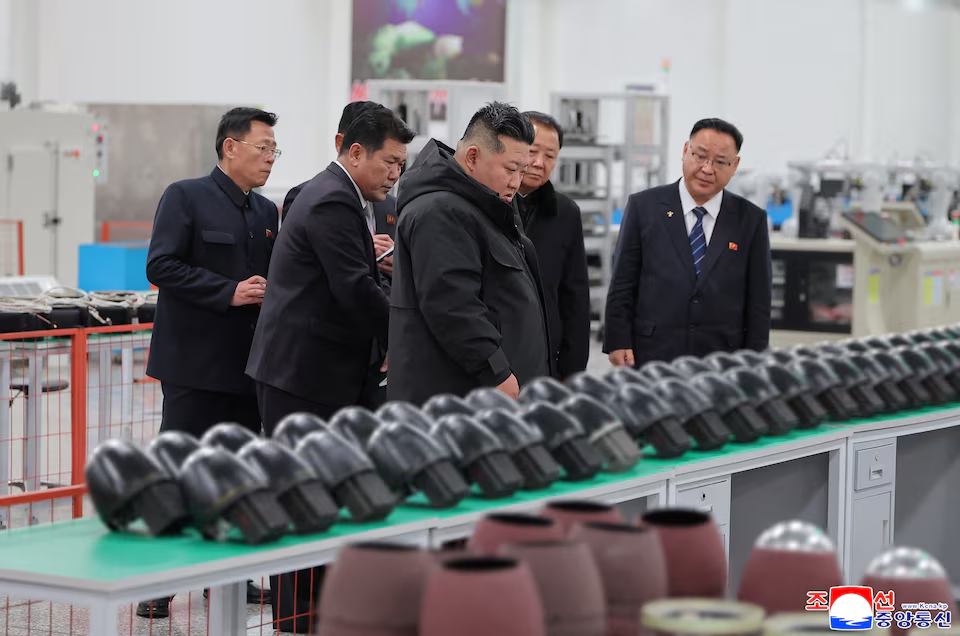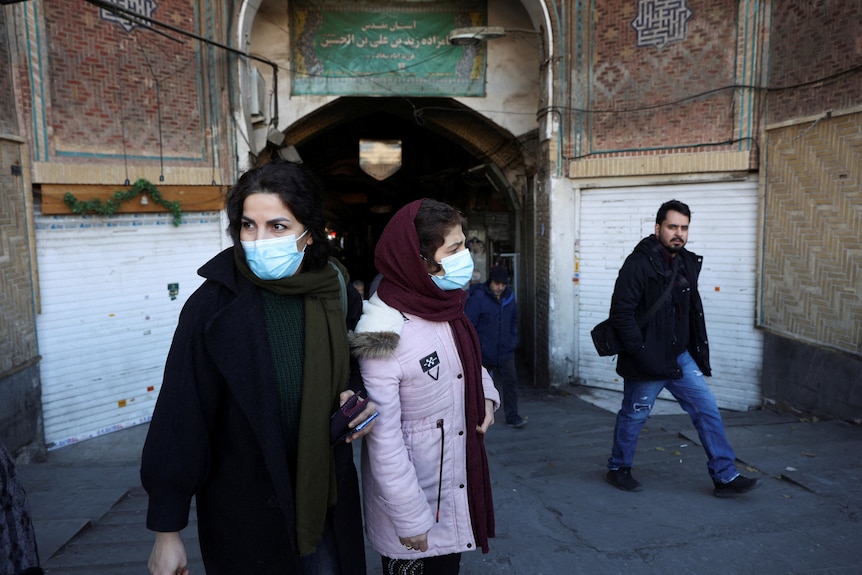Ray Kurzweil, renown Hi-Tech Google engineer predict humans merging with AI, digital immortality, and cloud-connected brains in the coming decades.
Ray Kurzweil, the American computer scientist celebrated for his bold technology forecasts, has issued a new series of predictions that could reshape how humanity understands life, death, and intelligence in the decades ahead.
Kurzweil, a Google engineer and author long known for his forward-looking insights, accurately foresaw the arrival of the iPhone era and the moment when computers would surpass humans in chess. Now, in his latest book The Singularity is Nearer, he outlines a far more radical vision: the merging of human consciousness with artificial intelligence.
By 2045, Kurzweil believes people may achieve digital immortality by fusing their minds with AI systems, effectively transforming into cyborgs. He suggests future technology could even make it possible to bring the dead “back to life” by reconstructing human personalities from preserved digital data.
This pursuit is deeply personal for Kurzweil. Since the death of his father when he was 22, he has spent decades trying to recreate his father’s persona using letters, essays, and musical compositions. The effort reflects his conviction that vast records of human thought and emotion, now increasingly stored online, may one day be organized into digital replicas.
Read Also: Elon Musk, World’s Richest Man Has Hit $500 Billion Net Worth
“In this decade, our technologies for recording, storing and organizing information will advance rapidly,” Kurzweil writes. He envisions a future where human intelligence multiplies “millions of times over” through direct brain-to-cloud connections. By the 2030s, he predicts, the neocortex—the brain’s center for higher reasoning—will be linked to external computing systems, allowing AI to become an “extension of ourselves” rather than a competitor.
Beyond questions of identity and mortality, Kurzweil foresees sweeping economic change. He imagines a world where robots equipped with advanced 3D printing could construct skyscrapers, and where what is considered “luxury” today becomes relatively inexpensive and widely available.
Public reaction to his claims has been mixed. On online forums, some admirers describe him as a visionary whose predictions are “about 80% accurate,” though often a few years premature. Others caution that his optimism risks overlooking the complexity of human consciousness and the ethical dilemmas posed by such technology.
Kurzweil’s track record gives weight to his words, but even his supporters acknowledge the uncertainty ahead. For now, his vision of a future where human life extends beyond biological limits remains speculative—an extraordinary possibility waiting to be tested by time.

